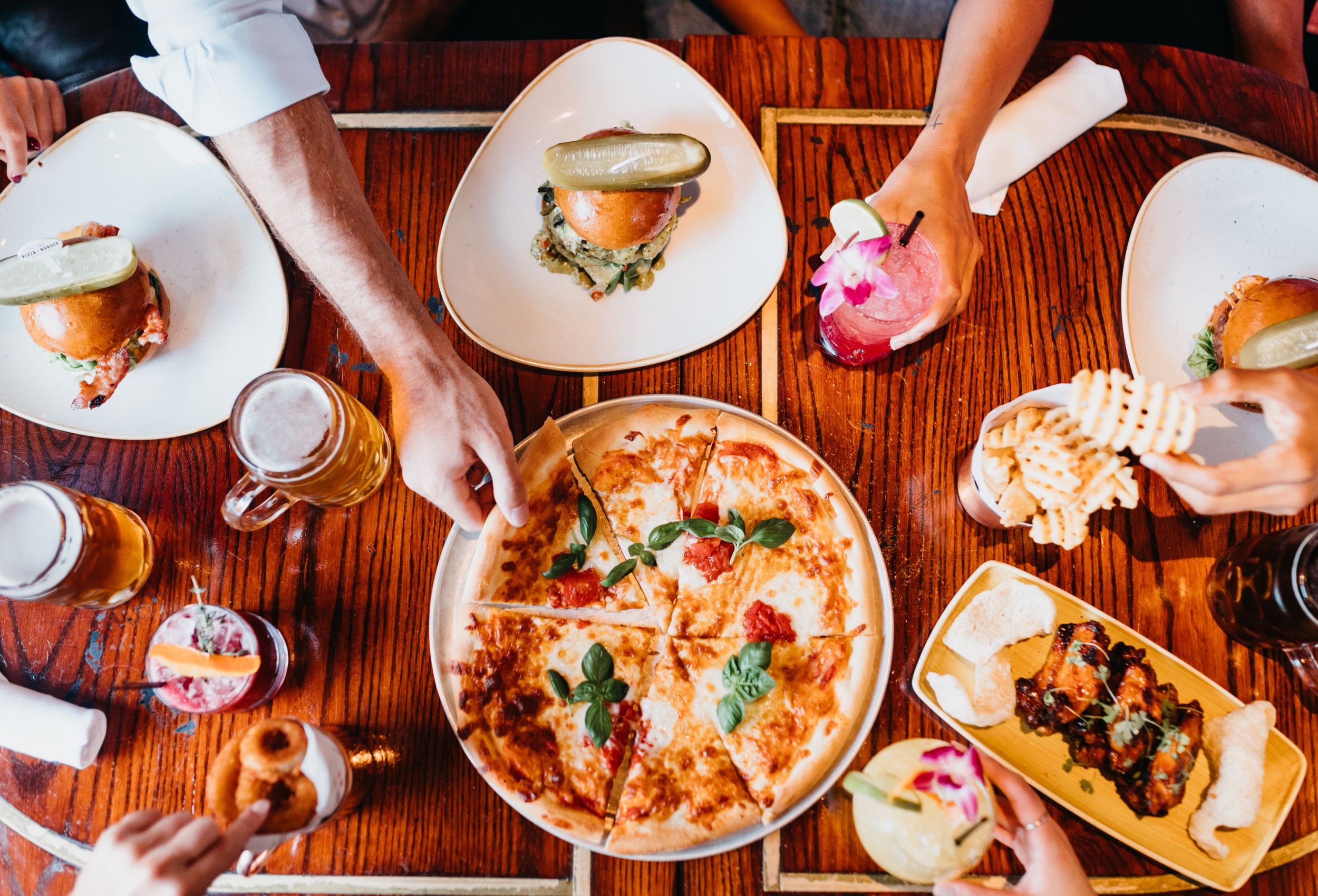The Data Download
Privacy and data security are the hottest buzzwords on the Internet. More and more users distrust how their personal data is being handled. Yet, in hospitality, this information collection is integral to the continued growth of hospitality businesses as it helps provide a more satisfying experience to travelers. Hotels and other hospitality industry businesses use social media to help personalize the traveler’s experience and make it more enjoyable. The key to using this collected data is ensuring that usage is responsible and safe, so the traveler’s personal information is safeguarded and remains intact.
When a client decides to stay in a hotel, he is providing data the properties should ensure they can use for maintaining the relationship, with client approvals, through marketing communications across different channels. It can be used for direct marketing or non-direct market. (First-party data) Also, if hotels and guests agree on sharing preferences and use them for more personalized communications, this is the perfect scenario for providing relevant information to a person engaged with our business and expecting to know more (Zero party data). This is the most honest and responsible communication flow. The industry clients can also agree on confirming the interest in the industry beyond specific properties, which allows hotels also to use key second data from partners, airlines, car rentals, etc
Why Hospitality Businesses Collect Data
Hospitality businesses need to collect data because it’s one of the key ways to connect business offers with the wants and needs of consumers. This allows both parties to benefit from the connection. Gathering data across all the various stages of a traveler’s journey is extremely important, right from the beginning of research to the final booking. All this information helps adapt the hospitality business to market needs and is extremely valuable for identifying potential business growth and innovation areas. Without this critical data, the hospitality industry would be left guessing about consumer needs and unable to provide essential services deemed valuable by travelers.
Responsible Use of Collected Data
Digital marketing growth has opened the door to more sophisticated targeting, which uses first, second, and third-party data. This data is captured from consumers and sometimes garnered from free digital tools. This information provides an ideal form of personalization, and at the same time, it raises some issues about how the industry respects a person’s digital identity and privacy.
The formula that all businesses should be using today doesn’t actually concentrate on first-party data but goes well beyond that. It should be using data that is volunteered by consumers or guests and which they’re willing to share with a business. For example, when a consumer announces to a hotel representative that they have a keen interest in specific culinary options, it should be responded to in the spirit of providing a proposal to that interest. The data should not be exploited, and the traveler should feel that their privacy has been respected. It is important to note that for consumers to volunteer data, they need to trust a brand. This means that all of the other interactions on-premise and online need to build and reinforce trust.
Data Security Threats for Hospitality Businesses
Hospitality businesses must stay aware of all trends regarding personal data and privacy. In addition, hospitality businesses must use data responsibly to grow and bring innovation to their industry. However, it has to be done intelligently, protecting consumer interests and enriching their experience on whatever journey they’re on.
The future of online transactions is moving toward more protection of user data and greater privacy. There are already features like this in place, such as the difficulty of using third-party cookies. Since these cookies provide a great deal of information about user behaviors and habits, replacing them with other meaningful data-gathering strategies will be hard.
The Keys to Responsible, Client-Centric Marketing
How can hospitality businesses secure the information needed to provide an enhanced experience for their clients? Using data, advertisers will reach ideal consumers who will convert and increase revenue. These consumers can be re-targeted in the future, and the information they provide can be safely encrypted to eliminate the security threat.
Rather than initiating META campaigns centered around conversions,–A META objective that was working well before users began opting out of tracking–strive to establish greater reach using the Reach campaign objective targeting audiences that have been engaged with previous campaigns. Examples of how to identify these opportunities include:
-
Website visitors who interrupted booking transactions/shopping carts not completed
-
Top 25% of website visitors based on time spent and multiple-page visits
-
REACH campaigns objective will target these users, whereas CONVERSIONS campaigns will not because META flags such audiences as too specific.
-
Businesses already using these tactics have seen twice the custom conversions, twice the increase in property revenue, and 16 times the return on ad spend since the beginning of 2022.
In Summary
Gathering personal information from travelers is an essential aspect of the hospital industry because it allows for positive change in the business and contributes to business growth. Even so, this data must be handled with extreme caution because the consequences of having it exposed online could be disastrous to both the consumer and the business. Therefore, it’s clear that some new tactics should be used to gather consumer data. That part of that strategy should involve making the best use of first-party data while altering campaigns to focus on reach rather than actual conversions.




